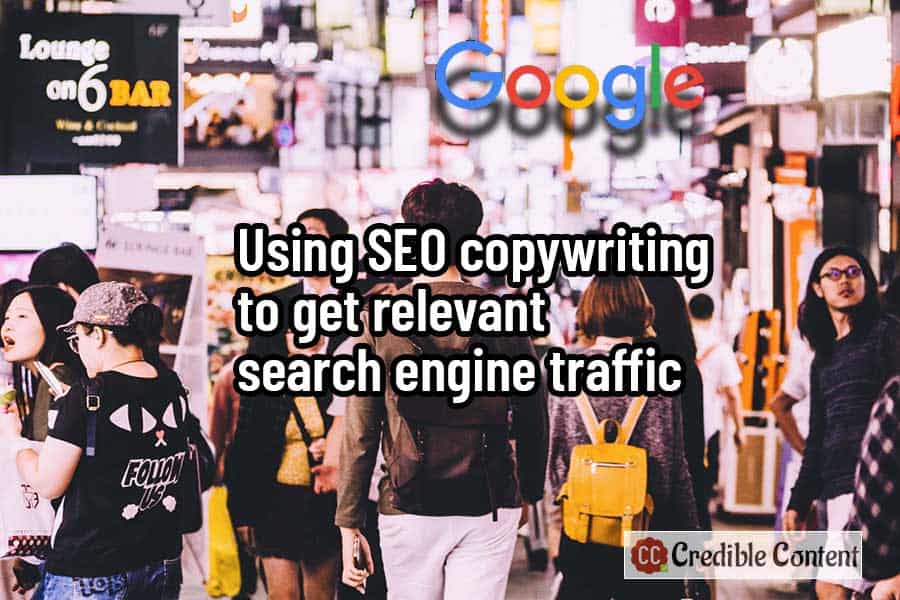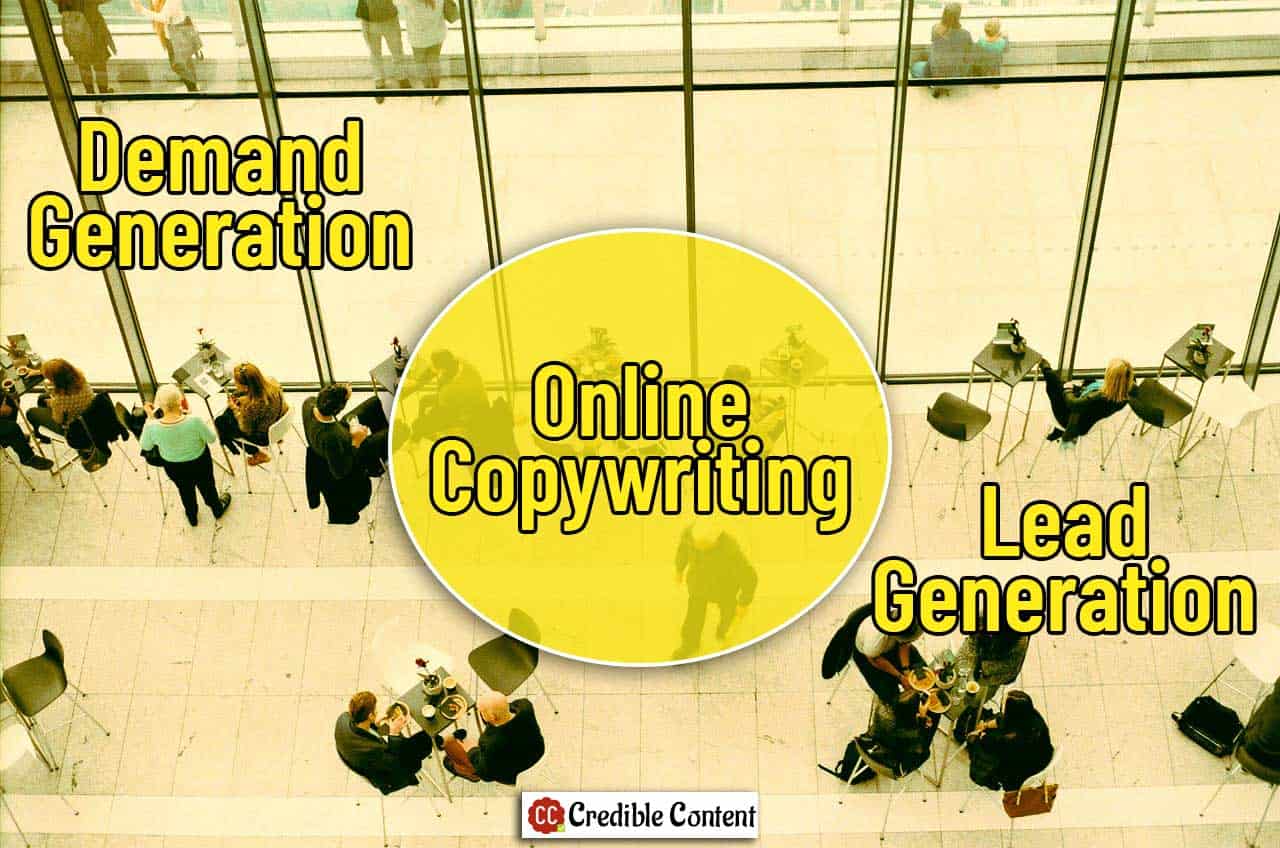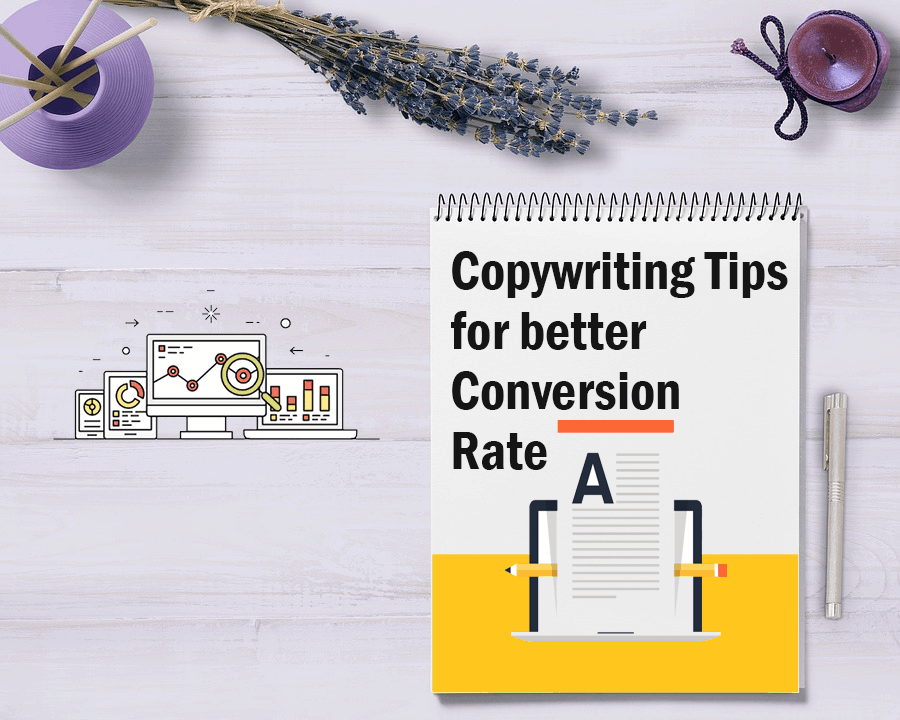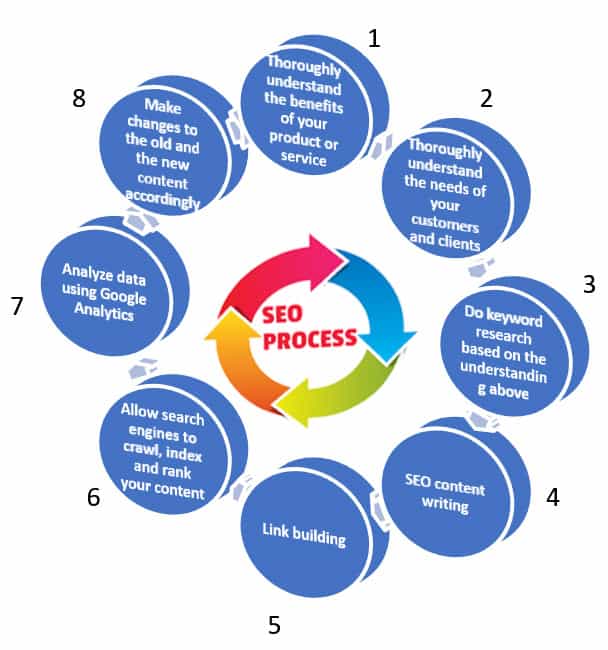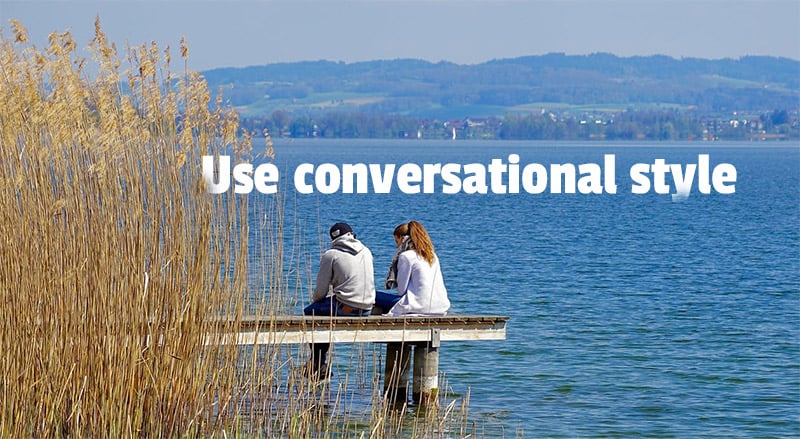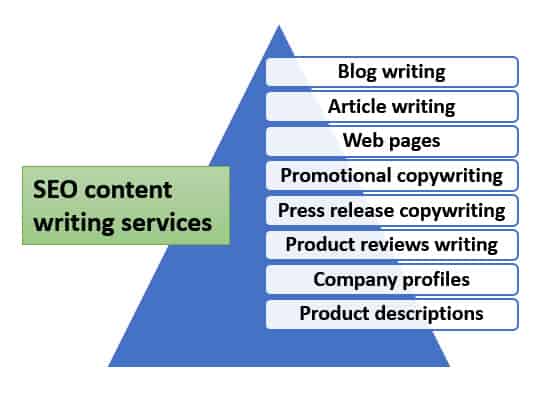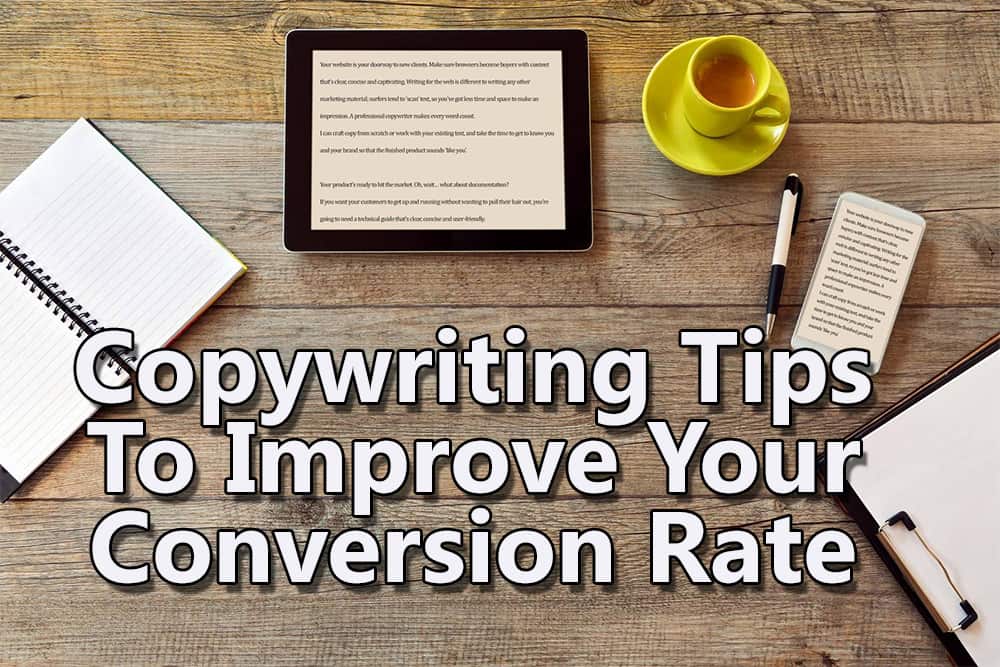Anybody can get traffic from search engines. Very few can get relevant traffic.
Well thought of SEO copywriting can help you get more relevant traffic from search engines, as rightly suggested by this Copyblogger blog post.
What is SEO copywriting?
SEO copywriting means writing content on your website or blog with the intention of improving your search engine rankings but at the same time, maintaining the quality and the engagement level of your writing.
Read: 15 SEO copywriting tips that will certainly improve your search engine rankings
Copywriting is all about convincing your visitors into performing the action that you want them to perform once they are on your website or blog.
Although, you are mostly writing content for your website or blog, many people prefer to call this form of writing as copywriting because you are constantly selling something whether it is the idea of downloading your e-book or further exploring your web pages or submitting your contact form or subscribing to your email updates.
When you also add the aspect of SEO (search engine optimization) it means using words, phrases and expressions that give Google and other search engines the exact idea of what you are communicating or what information you are providing to your visitors when they visit that particular link.
Read: Importance of keyword research before writing content
It then helps the search engines rank your content for those particular words and expressions (what you call keywords).
Using SEO copywriting to get relevant traffic
As mentioned above, relevant traffic means getting traffic that converts. Relevant traffic should increase your sales.
There are many ways you can use SEO copywriting to get relevant traffic to your website or blog.
Use highly focused content for better SEO
The above Copyblogger post suggests that you aim for a “minimum viable audience”. This immediately rings a bell.
Just today I was explaining to a client (mobile app development) that one single blog post shouldn’t try to contain all possible keywords and search terms for better SEO copywriting.
Instead, focus on solving one single problem and then provide a solution.
I know, in the times of longform content it is often suggested that comprehensive blog posts must be created that cover every possible topic related to the main, big topic.
Though, there is nothing wrong in doing that, but as much as possible, don’t dilute your content.
According to recent Google updates, it is not the length of your content that improves your SEO, but the relevance, the value that you provide.
Also, it is not possible for everyone to create 3000+ word blog posts with regularity.
Instead, focus on as narrow a niche as possible.
Don’t overlook location-based SEO copywriting
Suppose you provide accounting services in London. It’s no use optimizing your copywriting for keywords like “accounting services”, “bookkeeping services” and “accountant services” because these are highly competitive terms.
You have a better chance of ranking well if you concentrate on writing content for terms like “accounting services in London” and “bookkeeping services in London”.
Want to narrow down more?
Suppose you mostly serve clients in Notting Hill. Then why not focus on “accounting services in Notting Hill”?
If you can create lots of web pages and blog posts on how well received your accounting services are in Notting Hill, you will surely get relevant traffic and generate more local business.
Aim for less competitive keywords
A bit old advice, but still relevant.
High-competition keywords can take you ages especially when scores of websites and blogs are already ranking well for them. They must have toiled for months and even years to reach that position and you will need to do the same (or wait for a stroke of luck).
On the other hand, make a list of less competitive keywords, what they call “low hanging fruits”.
You may think that you will get less traffic for those less competitive keywords, but at least there will be some traffic in the foreseeable future. It is better than having no traffic.
Follow time-tested SEO conventions during copywriting
An increasing number of Google updates focus less on the language that you use and more on the intent with which you write and publish content. Nonetheless, the words that you use still matter.
Hence, use your main keyword within the first 100 words of your write-up. The logic is that sometimes the search engine crawler leaves your website without reading further. This is why, it is very important to hit upon the main topic as early as possible so that the crawler doesn’t miss the main point.
Aside from this, use your main keyword in the title of your web page or blog post and if possible, let your keyword appear in your URL.
It is understandable that you get a high when Google Analytics shows a rising graph of your search engine traffic. But unless that traffic increases your business, it is of no use.
This is why, when SEO copywriting, don’t focus on generating traffic, focus on getting relevant traffic.

